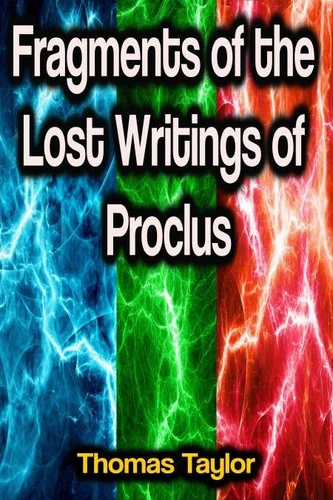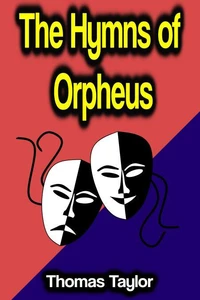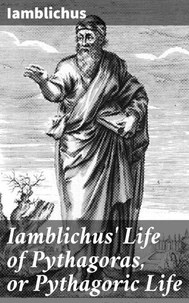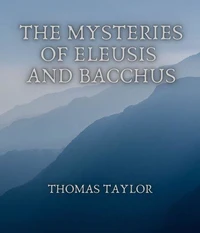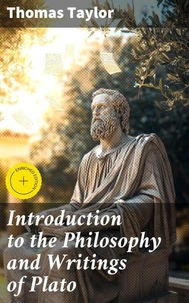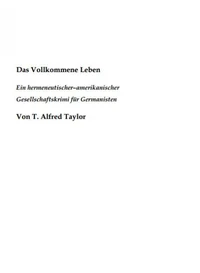Fragments of the Lost Writings of Proclus
Par :Formats :
Disponible dans votre compte client Decitre ou Furet du Nord dès validation de votre commande. Le format ePub est :
- Compatible avec une lecture sur My Vivlio (smartphone, tablette, ordinateur)
- Compatible avec une lecture sur liseuses Vivlio
- Pour les liseuses autres que Vivlio, vous devez utiliser le logiciel Adobe Digital Edition. Non compatible avec la lecture sur les liseuses Kindle, Remarkable et Sony
 , qui est-ce ?
, qui est-ce ?Notre partenaire de plateforme de lecture numérique où vous retrouverez l'ensemble de vos ebooks gratuitement
Pour en savoir plus sur nos ebooks, consultez notre aide en ligne ici
- Nombre de pages333
- FormatePub
- ISBN978-3-98677-056-3
- EAN9783986770563
- Date de parution09/12/2021
- Protection num.Digital Watermarking
- Taille741 Ko
- Infos supplémentairesepub
- Éditeurcoolaij
Résumé
Fragments of the Lost Writings of Proclus Thomas Taylor - Fragments of the Lost Writings of Proclus" is a short book of translations of fragments of Proclus by Thomas Taylor, the English Neoplatonist and translator of Aristotle, Plato and Orpheus. Proclus Lycaeus (412 - 485), surnamed "The Successor" or "diadochos" was a Greek Neoplatonist philosopher, one of the last major Classical philosophers.
He set forth one of the most elaborate and fully developed systems of Neoplatonism. He stands near the end of the classical development of philosophy, and was very influential on Western Medieval Philosophy (Greek and Latin) as well as Islamic thought.
He set forth one of the most elaborate and fully developed systems of Neoplatonism. He stands near the end of the classical development of philosophy, and was very influential on Western Medieval Philosophy (Greek and Latin) as well as Islamic thought.
Fragments of the Lost Writings of Proclus Thomas Taylor - Fragments of the Lost Writings of Proclus" is a short book of translations of fragments of Proclus by Thomas Taylor, the English Neoplatonist and translator of Aristotle, Plato and Orpheus. Proclus Lycaeus (412 - 485), surnamed "The Successor" or "diadochos" was a Greek Neoplatonist philosopher, one of the last major Classical philosophers.
He set forth one of the most elaborate and fully developed systems of Neoplatonism. He stands near the end of the classical development of philosophy, and was very influential on Western Medieval Philosophy (Greek and Latin) as well as Islamic thought.
He set forth one of the most elaborate and fully developed systems of Neoplatonism. He stands near the end of the classical development of philosophy, and was very influential on Western Medieval Philosophy (Greek and Latin) as well as Islamic thought.

